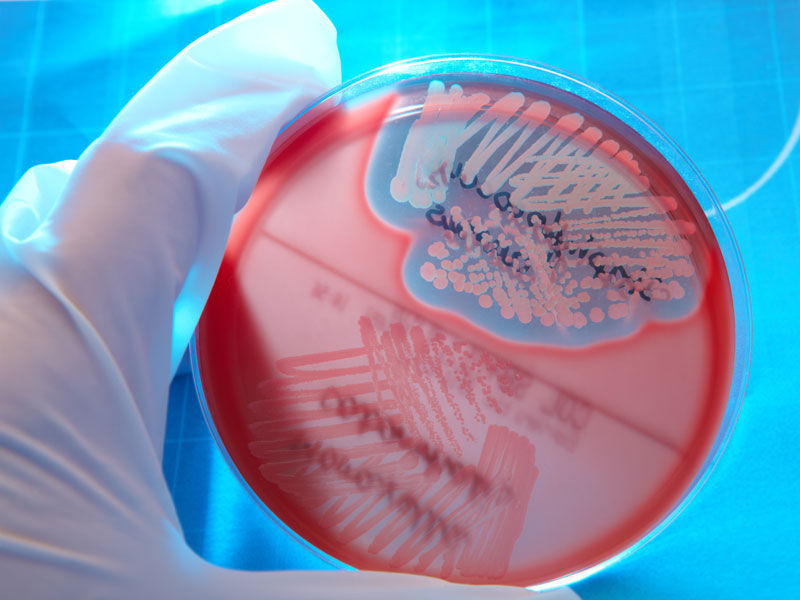Ph.D. in Biochemistry or Biophysics: Introduction, Admission, Registration, Eligibility, Duration, Fees, Syllabus 2024

Introduction:
The pursuit of a Ph.D. in Biochemistry or Biophysics is a voyage into the depths of biological systems through the lens of chemistry and physics. This advanced degree equips scholars with the expertise to conduct independent research and contribute novel insights to the scientific community.
Admission Process:
- Identify Your Interests: Determine whether you lean more towards biochemistry or biophysics.
- Find Suitable Programs: Research universities with strong departments in your chosen field.
- Prepare Your Application: Collect transcripts, write a compelling personal statement, and secure recommendation letters.
- Standardized Tests: Take required exams like the GRE or subject-specific tests, if applicable.
- Submit Applications: Ensure all materials are submitted by the program’s deadline.
Eligibility:
- Academic Requirements: A master’s degree in a related field, typically with a high GPA.
- Research Experience: Demonstrated experience in research, which may include a thesis or published work.
- Test Scores: Adequate scores in standardized tests, as required by the program.
Completion Time:
Most Ph.D. programs take 4 to 5 years to complete, including coursework and dissertation research.
Career Opportunities:
- Academic Positions: University professorships, postdoctoral fellowships, and research associates.
- Industry Roles: Research and development in pharmaceuticals, biotechnology, and healthcare.
- Consultancy: Scientific advising for businesses or governmental organizations.
- Science Communication: Writing, editing, or public outreach roles that require a deep understanding of biochemistry or biophysics.
Syllabus:
- Core Courses: In-depth study of molecular biology, quantum chemistry, and statistical mechanics.
- Specialized Electives: Options to focus on areas like proteomics, metabolic engineering, or molecular modeling.
- Research Seminars: Presentations and discussions on current scientific research and methodologies.
Internship Opportunities:
- Academic Research: Participation in ongoing research projects within the university.
- Corporate Internships: Hands-on experience in industry settings, often with leading biotech firms.
- International Experiences: Opportunities to collaborate with international research institutes.
Scholarships and Grants:
- Institutional Funding: Many universities offer tuition waivers and stipends for doctoral candidates.
- External Fellowships: Competitive scholarships from governmental and private funding agencies.
- Travel Grants: Financial support for attending international conferences and workshops.
FAQs:
What distinguishes a Ph.D. in Biochemistry from one in Biophysics?
Biochemistry focuses on chemical processes within living organisms, while biophysics applies principles of physics to biological systems.
Can I switch from a Ph.D. in Biochemistry to Biophysics, or vice versa?
It depends on the flexibility of the program and the overlap in coursework and research interests.
What are the prerequisites for applying to these Ph.D. programs?
A strong foundation in biology, chemistry, physics, and mathematics, along with research experience.
How competitive are admissions for these Ph.D. programs?
Admissions can be highly competitive, emphasizing academic excellence and research potential.
Are there opportunities for interdisciplinary research during the Ph.D.?
Yes, many programs encourage interdisciplinary research, often leading to innovative discoveries.
